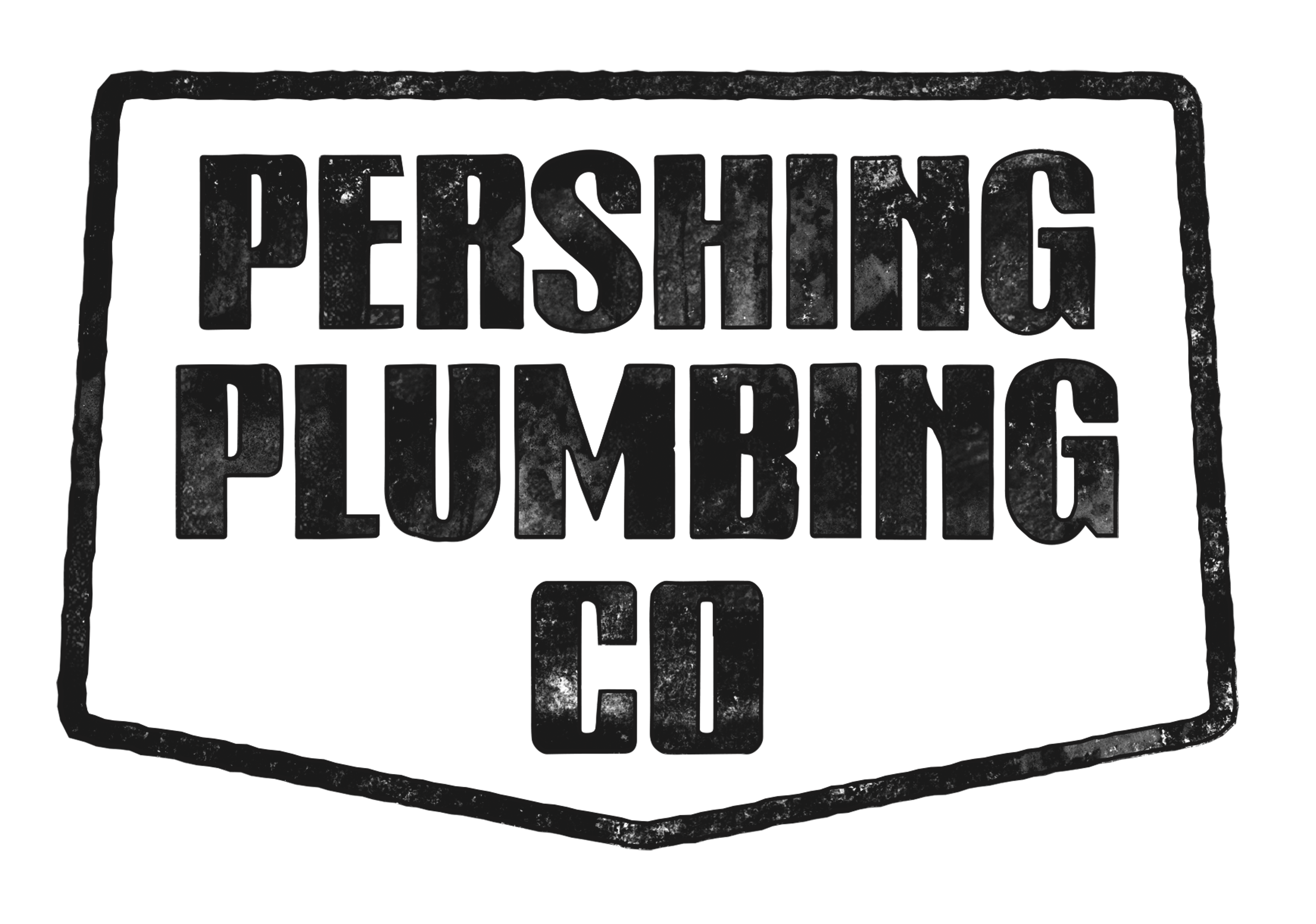Why do pipes rust? You’ve probably seen rust on pipes. This is the grimy, dark substance that can be found on old metal. Commonly found on outdoor water pipes, sinks and bathrooms. But this brown and orange grime isn’t just an indicator that an old pipe is in trouble.
Rust can indicate other problems in a home’s plumbing system. Rust can cause serious health problems if it is not addressed. Most homes rely on running water for survival. However, most people do not realize the importance of rust to their daily lives.
What are pipes made from?
Your first instinct may be for you to say “metal”, but plumbing technology has advanced. This has led to pipes that are made from different materials having a significantly lower efficiency in your home.
The The most popular water pipe materials are copper and galvanized steel, polyvinylchloride (PVC), polyacrylonitrile styrene acrylonitrile styrene (ABS) and cross-linked, polyethylene (PEX).
PVC pipes are used in most modern homes because they are cost-effective, available in different sizes, and can safely handle hot and cold waters. They are also made from plastic so they don’t rust. PVC pipes are slightly more fragile than metal.
Because they last longer and are easier to maintain, many houses still use metal pipes. These pipes can handle higher water temperatures better than plastic because they are more heat-resistant than plastic.
The downside? The downside? Metal pipes are more expensive and of higher quality. Many people do not consider the extra risk of rust to be worth the added expense.
Why do Pipes Rust?
Corrosion, the main cause of rust, is most common. Corrosion happens when iron inside metal pipes is exposed the oxygen in the drinking water.
The chemical reaction known as oxidation forms rust. This erodes the pipe and changes the chemical makeup, making it more brittle.
Rust can occur on the inside and outside pipes. Internal corrosion is caused by high pH levels in water. This causes the inner protective layer of metal pipes to dissolve. External corrosion is usually caused by leakage.
Pipes can become clogged with limescale and rust if they are not checked. Deteriorated pipes are more likely to burst or leak due to structural damage. Leaks in other pipes can cause damage to your home.
Is Rust bad for my health?
Even though rust in small quantities isn’t necessarily harmful, it can have a negative impact on the appearance and taste of tap water. Rusted pipes, for example, can make tap water taste metallic or bitter.
Even though small amounts can be unpleasant, consuming contaminated water for a prolonged period of time can make you and your family sick. The water is contaminated with microscopic metals that are harmful to your health.
Skin conditions such as acne can be caused by bathing in water with high iron levels.
Older houses may have rusted pipes that can carry toxic substances. Older homes that were constructed before modern safety regulations may have harmful chemicals such as lead and other harder metals. This could cause water contamination.
Injecting high levels microroscopic rust can cause iron poisoning. This can manifest in low blood pressure, fever, headaches, dizziness and other symptoms.
Although you are unlikely to drink enough tainted drinking water to cause this, there is still the possibility of getting sick, especially for children or those with certain medical conditions.
How do I prevent Rust?
Replacing pipes can be stressful and expensive. It is a good idea to maintain your pipes’ health as part your weekly and monthly cleaning routines.
Preventing corrosion can be done quickly if caught early. These are inexpensive and easy to make at home solutions.
See the Water
The risk of corrosion in metal pipes is higher, but it is difficult to assess these by yourself. Instead, monitor the pH of your drinking water. Your system can sustain more damage the more acidic it is.
The EPA recommends that household water pH measurements be between 6.5 & 8.5 as part of its National Primary Drinking Water Regulations. To verify these levels, you can use pH tests at-home.
Your water temperature should be kept low because hot water will cause the pipe’s lining to deteriorate. A dissolved oxygen monitor is a great way to determine the source of corrosion.
Pipes must be kept stable
When pipes are in use, vibrations, rattles, and bounces can be caused by poor installation or high water pressure. This movement causes tiny, corrosive holes on the pipe’s surface that can lead to their becoming brittle and more susceptible to rust.
Pipes can be stabilized with restraints such as u-bolts or straps. They also reduce vibrations from everyday life.
Protect and Clean Pipes
Keep pipes clean and reinforce protection to prevent pipe rust. Any metal exposed to the elements is vulnerable to corrosion from bacteria or rough contact.
Biocides and other microbiological inhibitors are available to prevent buildup. You can also use metal pipes with a coating of plastic or chemical to resist water flow.
Pipe buffers or wear pads protect pipes from metal scraped against them by other systems, such interconnecting pipes systems or machinery. Metal on metal is a recipe to corrosion, so protect the pipes from any metal that may come into contact.

